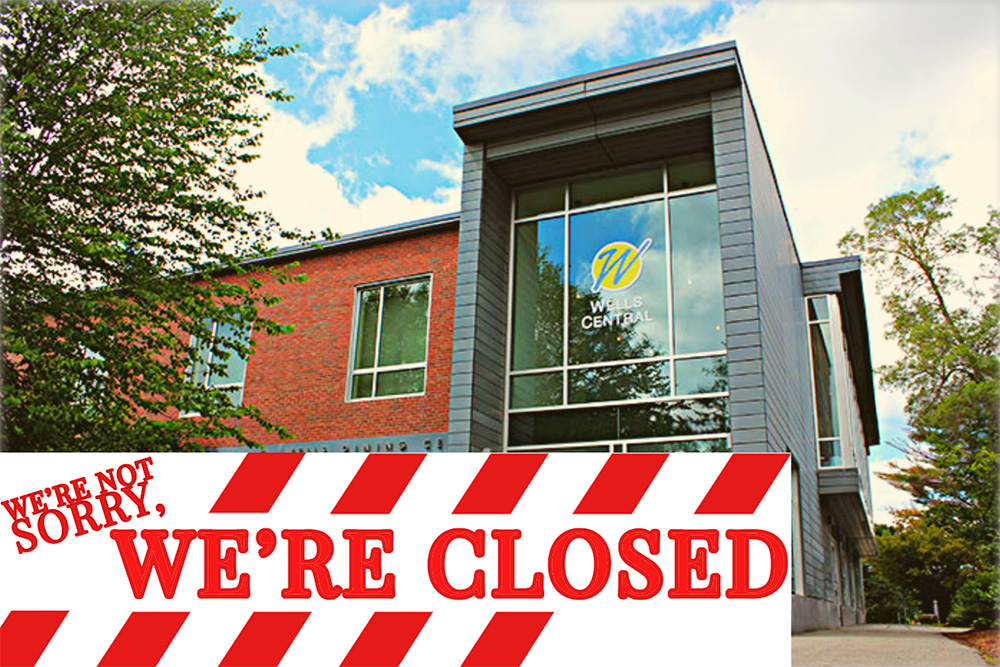When students came back to campus this fall, they learned that the Wells Dining Hall had been closed and the entire building was in the process of being transitioned into a conference center. However, many students didn’t know this until they stepped foot back onto the campus.
Recorded in a news article on Nov. 2021, President Joan Ferrini-Mundy announced that the student population reached a record high. While the incoming class this fall is smaller than previous classes, there are still around 4,000 students on campus that need to eat somewhere. The same Bangor Daily News article also cites a decline in workers, which is the reason the Oakes Room in Fogler Library closed despite it also being a favorite of students.
Last year, Hilltop Dining often had lines extending out of the building around 5 p.m. when most students were waiting to eat dinner. This year, the lines are even longer and students are more likely to encounter a line at all times of the day. York Dining was usually known for being a little less crowded since there are fewer dorms surrounding that dining hall. However, this year, York also has frequent lines with students struggling to find places to sit. The Bear’s Den is also facing similar problems with up to a 30 to 45 minute wait for food around noon and no places to sit. Every human needs to eat and many students don’t have any option but to eat on campus.
This alone is a problem, but there are other repercussions as well. One is accessibility. Students with disabilities may not be able to wait in long lines daily to be able to eat. Other students may avoid the dining halls because of sound issues. Last year, Wells was often a quieter option to eat at since all the tables weren’t in one large room. This is a helpful solution for students with high anxiety, sound processing issues, or even deafness who can’t handle high sound environments. Now, those students have no other choice but to eat at overly-crowded dining halls. It’s even possible these students are choosing not to eat because of the environment in the dining halls.
There are also problems surrounding dietary concerns. People with dietary restrictions may have a harder time finding food to fit their restrictions. Last year, the dining halls didn’t have many vegetarian options and even fewer that were vegan or gluten free. It’s unlikely this has changed much now that there are only two dining halls.
On a slightly different note, this is also an example of the University of Maine’s lack of transparency in communicating with students about what is happening on campus. Every student receives surveys through their email claiming that the university wants to know what the student body thinks. However, the topics never include things that affect most of the students such as the closure of a whole dining hall.
UMaine seems to be changing a lot around campus and is expecting the student body to just deal with it. If they really care what we think, why not ask about things that most students actually have opinions about? Are they scared we’re not going to like the plans they’re making for us? Or perhaps we’ll actually take a stand in what we want as students of this university?









